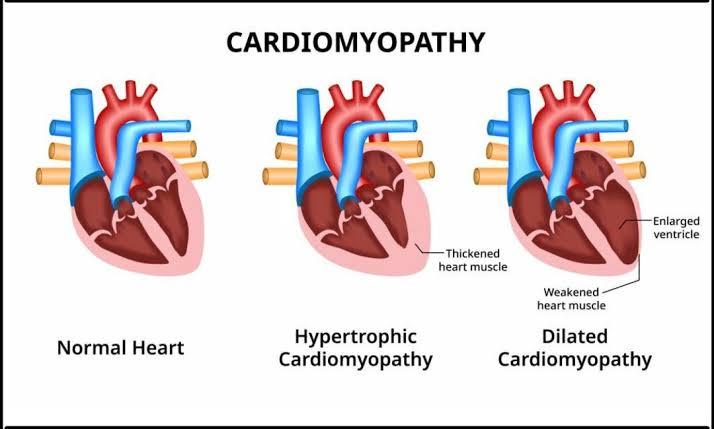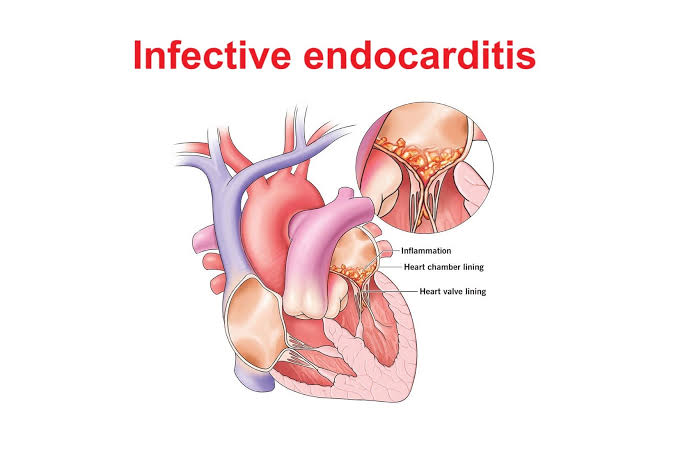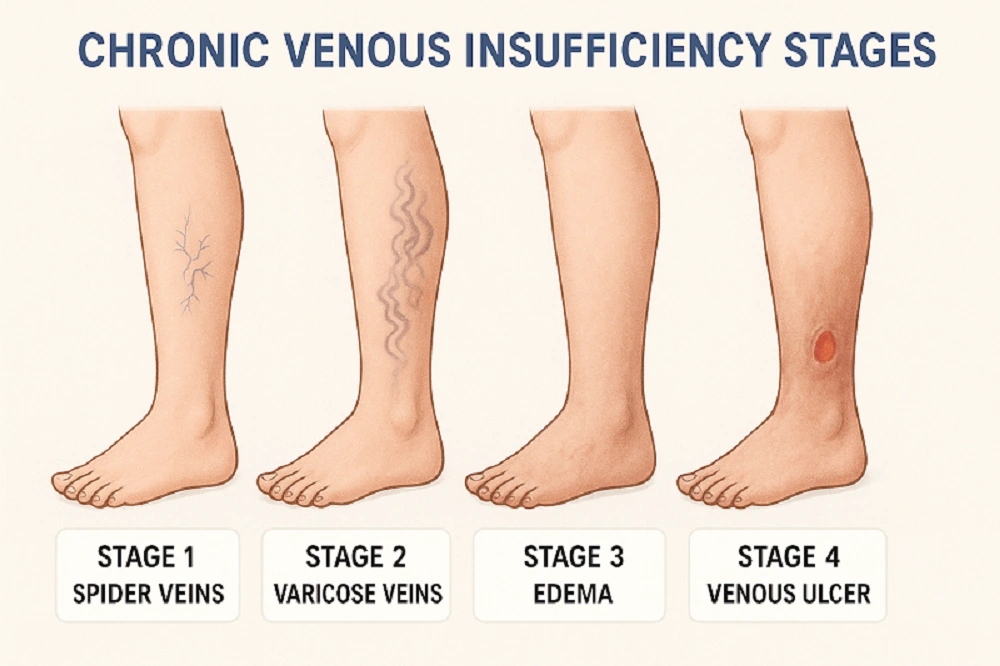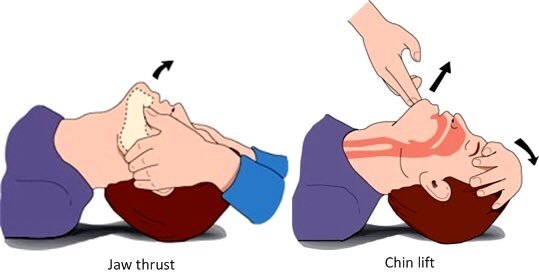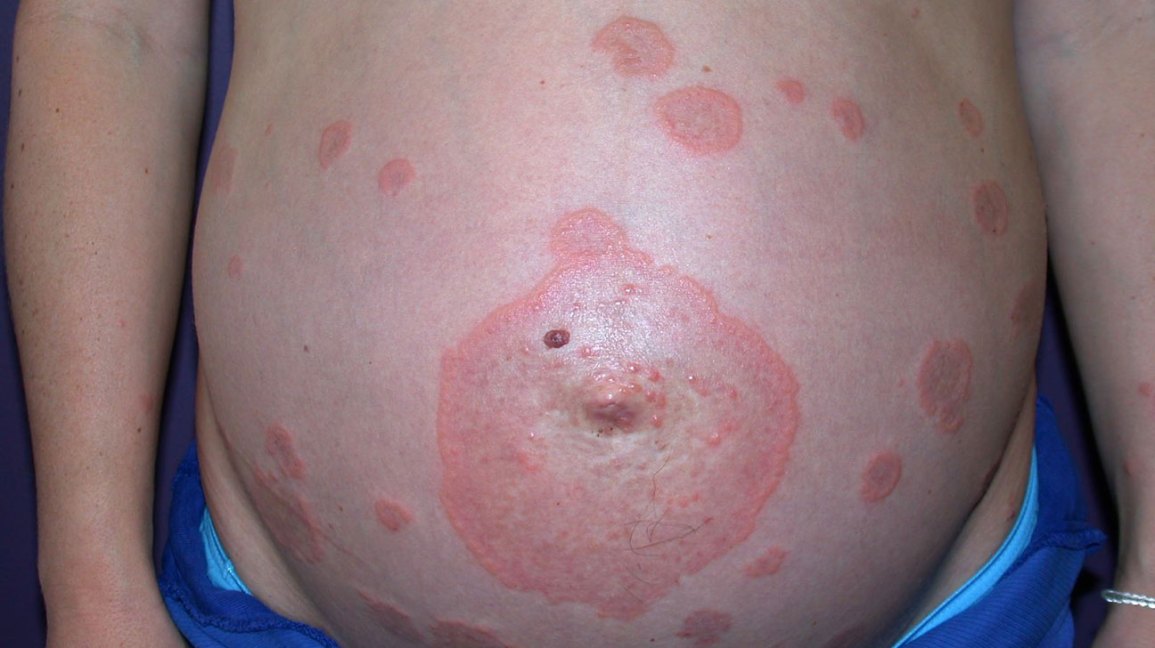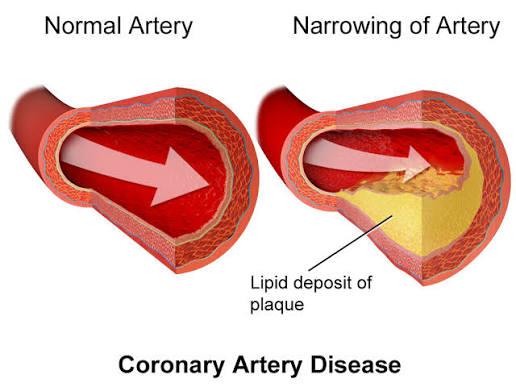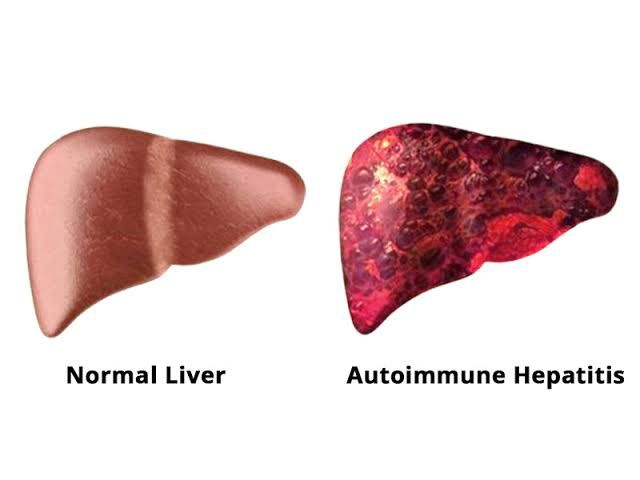
Definition of Autoimmune Hepatitis
Autoimmune hepatitis (AIH) is a chronic inflammatory liver disease characterized by the immune system attacking the liver cells, leading to inflammation and damage. It is classified as an autoimmune disorder because it involves the production of autoantibodies against liver antigens. The condition can lead to cirrhosis and liver failure if not diagnosed and treated appropriately.
Epidemiology of Autoimmune Hepatitis
Autoimmune hepatitis has a variable prevalence worldwide, with higher rates observed in certain populations. It is more common in women than men, with a female-to-male ratio of approximately 3:1. The incidence varies by geographic region; for example, it is more prevalent in Northern Europe and North America compared to Asia. The age of onset can vary widely, with two peak periods: one in adolescence to early adulthood and another in middle age.
Pathophysiology of Autoimmune Hepatitis
The pathophysiology of autoimmune hepatitis involves a complex interplay between genetic predisposition, environmental factors, and immune dysregulation. Genetic factors include specific human leukocyte antigen (HLA) alleles that increase susceptibility. Environmental triggers may include viral infections (such as hepatitis A or C), drugs, or other toxins that provoke an immune response.
In AIH, the immune system produces autoantibodies against liver-specific antigens such as smooth muscle actin (SMA), liver kidney microsome type 1 (LKM-1), and soluble liver antigen (SLA). This results in an inflammatory response characterized by lymphocytic infiltration into the portal areas and interface hepatitis. Over time, this chronic inflammation can lead to fibrosis and ultimately cirrhosis.
Serological Types of Autoimmune Hepatitis
Autoimmune hepatitis is classified into three main serological types based on the presence of specific autoantibodies:
- Type 1 Autoimmune Hepatitis: Characterized by the presence of anti-smooth muscle antibodies (ASMA) and/or anti-nuclear antibodies (ANA). This type is most common globally.
- Type 2 Autoimmune Hepatitis: Associated with anti-liver kidney microsome type 1 antibodies (anti-LKM-1). It primarily affects children and young adults.
- Type 3 Autoimmune Hepatitis: Identified by the presence of anti-soluble liver antigen antibodies (anti-SLA). This type may overlap with Type 1 but has distinct serological markers.
Manifestations of Autoimmune Hepatitis
The clinical manifestations of autoimmune hepatitis can vary significantly among individuals. Common symptoms include:
- Fatigue
- Jaundice
- Abdominal discomfort
- Pruritus (itching)
- Dark urine
- Pale stools
- Loss of appetite
- Nausea
Some patients may be asymptomatic at diagnosis, while others may present with acute liver failure or complications related to cirrhosis such as ascites or hepatic encephalopathy.
Diagnostic Approach to Autoimmune Hepatitis
The diagnostic approach for autoimmune hepatitis typically involves:
- Clinical Evaluation: Assessing symptoms, medical history, and family history.
- Serological Testing: Measuring levels of transaminases (ALT/AST), alkaline phosphatase, bilirubin levels, and testing for specific autoantibodies (ANA, ASMA, LKM-1).
- Liver Biopsy: Performing a biopsy may be necessary to assess the degree of inflammation and fibrosis in the liver tissue.
- Exclusion of Other Liver Diseases: Ruling out other causes of liver disease such as viral hepatitis, alcoholic liver disease, or metabolic disorders through appropriate laboratory tests.
- Imaging Studies: Ultrasound or other imaging modalities may be used to evaluate liver structure.
Treatment Options for Autoimmune Hepatitis
The primary treatment for autoimmune hepatitis involves immunosuppressive therapy aimed at reducing inflammation and preventing further damage to the liver:
- Corticosteroids: Prednisone is commonly used as first-line therapy either alone or in combination with azathioprine.
- Azathioprine: Often used as a steroid-sparing agent to maintain remission after initial treatment.
- Other Immunosuppressants: In cases resistant to standard therapy or where there are intolerances to medications like azathioprine, alternatives such as mycophenolate mofetil or tacrolimus may be considered.
Regular monitoring for side effects from medications and assessing biochemical response is essential during treatment.
Indications for Liver Transplant
Liver transplantation may be indicated in patients with autoimmune hepatitis under certain conditions:
- End-stage Liver Disease: Patients who develop decompensated cirrhosis with complications such as ascites or hepatic encephalopathy.
- Acute Liver Failure: Severe acute exacerbations that do not respond to medical therapy.
- Refractory Disease: Patients who do not achieve remission despite adequate immunosuppressive therapy.
Transplantation offers a potential cure for patients with severe disease but requires lifelong immunosuppression post-transplantation.


